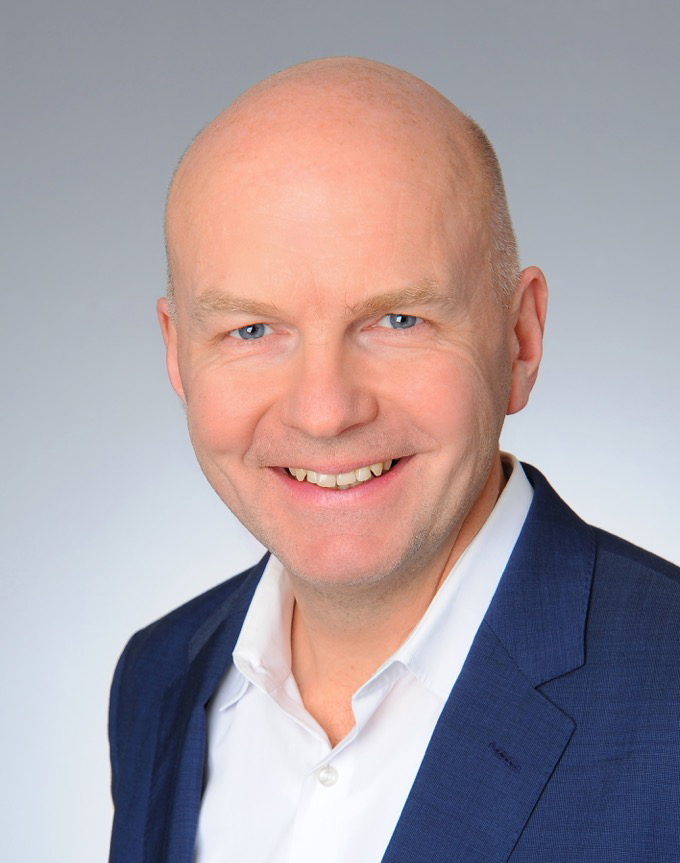Here you can find detailed profiles of DKTK faculty members with programm specification and research focus in the Researcher Database. Find contacts of all DKTK scientists at the DKTK intranet
Researcher Database

Prof. Dr. Dr. Michael von Bergwelt
Medizinischen Klinik und Poliklinik III
Marchioninistr. 15
81377 München
Program
Cancer Immunotherapy (CI)
Summary
The breakthrough therapeutic efficacy of immune checkpoint inhibitors underlines the central role of the immune system in cancer. Infiltration of lymphocytes has been shown to either exhibit an inhibitory or enhancing effect on tumor growth. Especially the role of tumor-infiltrating B cells is complex. B cells serve many immunological functions including antigen-presentation, antibody-secretion, direct toxicity, cytokine secretion, but also immune inhibition. Whether B cells promote or inhibit tumor growth seems to depend on a number of variables such as tumor type, stage and the dominating B cell subset. However, a high density of T and B cells in the tumor microenviroment is correlated with increased patient survival in several types of cancer. For many years, it was assumed that an adaptive anti-tumor immune response is elicited not in the tumor itself, but in secondary lymphoid organs (SLO). However recently, increasing evidence suggests that anti-tumor immune reactions may also be generated in the tumor microenvironment in so called tertiary lymphoid structures (TLS). These TLS display an overall structure similar to that of SLOs with predominant B-cell rich areas surrounded by specialized blood vessels, i.e. high endothelial venules, and T-cell rich areas that contain clusters of T cells and mature dendritic cells. However, the role of cellular components on TLS formation or the function of lymphocytes in TLS of cancer patients is still not well understood.
Our work focuses on in-depth analysis of TLS/B-cell immunity in cancer and the identification of novel, functionally defined B cell subsets. Based on these basic research activities our group develops B cell targeted immune therapies.
a) Targeting of regulatory B cells in the TME (Type-II antibodies, TLR-9 agonists, CART, kinase inhibitors)
b) Adoptive transfer of tumor-antigen specific B cells (Dual approach: plasma cells plus CD40- activated B cells)
Secondary focuses of our work are combination immunotherapies, immune escape and cancer immune metabolics.
To translate these activities consequently and successfully into clinical trials we are operating our own IIT/Ph1 immunotherapy and immune monitoring program at the Universities of Munich and Cologne.